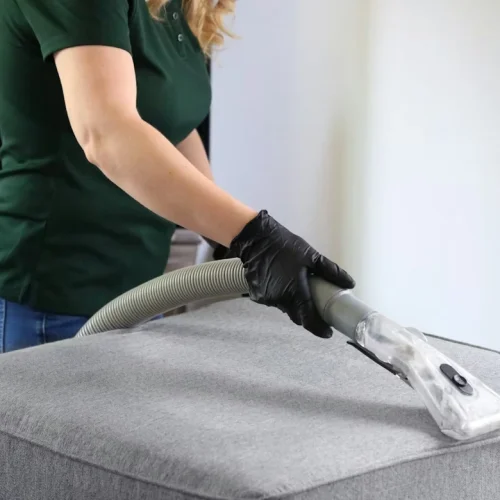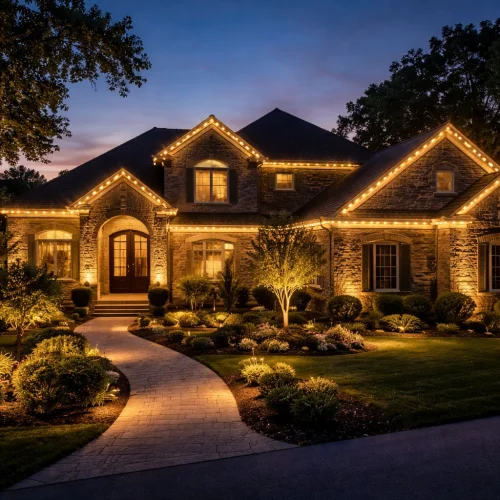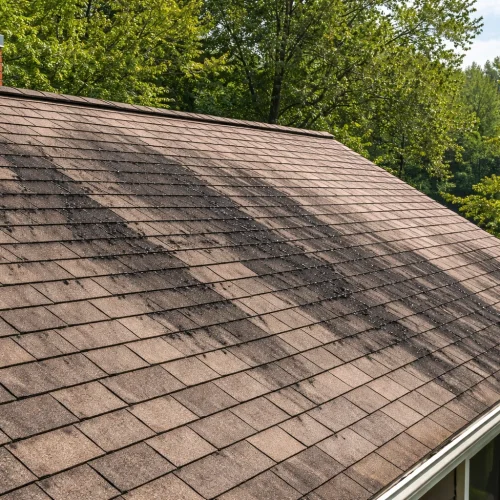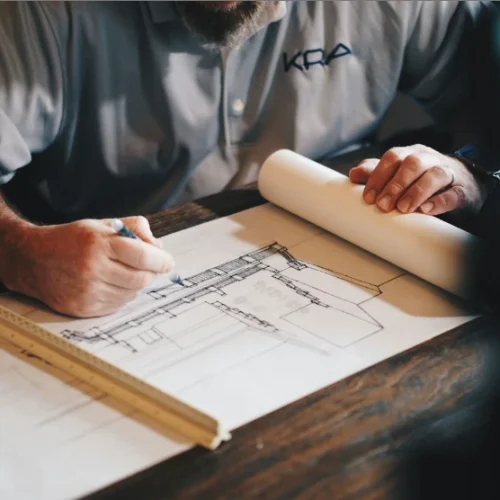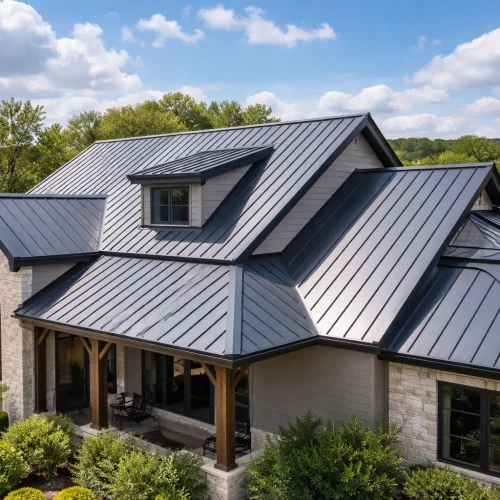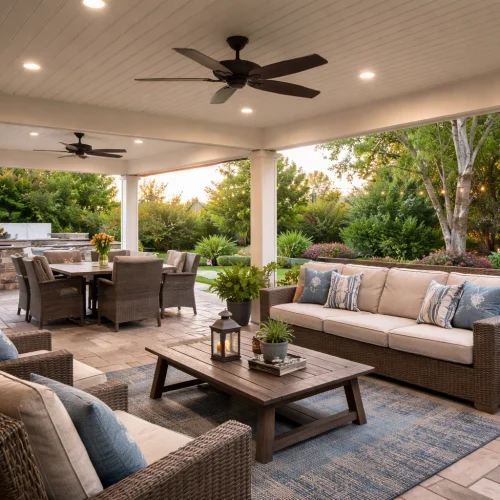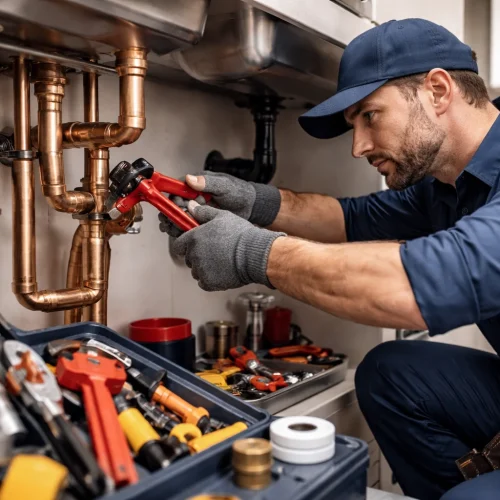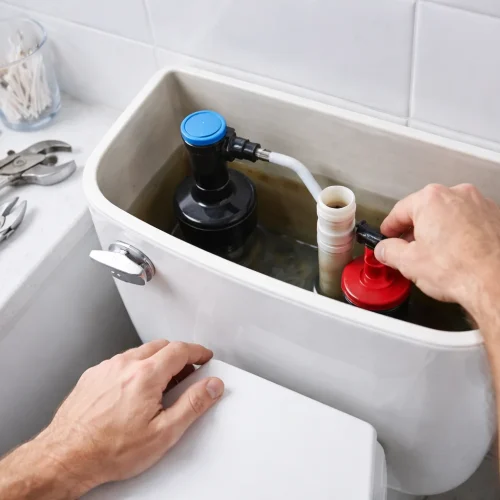
Finding a trustworthy roofing contractor is one of the most important decisions a homeowner can make when it comes to protecting their property. A well-built roof guards against weather, prevents structural damage, and contributes to long-term home value. However, not all contractors provide the same level of expertise or reliability, making it essential to know what to look for before hiring someone to repair or replace your roof.
Verify Licensing and Insurance
The first step in narrowing down your choices is to verify credentials. A reputable roofing contractor should hold proper licensing and insurance, including both liability coverage and worker’s compensation. These protections not only demonstrate professionalism but also safeguard homeowners from unexpected expenses or liabilities. Without the proper documentation, even a seemingly minor roofing issue can turn into a costly problem.
Consider Experience and Roofing Expertise
Experience is another important factor. Roof systems vary widely in terms of materials, design, and installation techniques. Contractors with years of experience have typically worked with asphalt shingles, metal roofing, slate, and other common materials. They also understand how local weather conditions influence roofing performance. Choosing a contractor with a proven track record ensures your project is handled by someone who understands both the technical and practical aspects of roof construction.
Look for Clear Pricing and Communication
Homeowners should also pay attention to transparency in pricing and communication. A reliable roofing contractor will provide a detailed written estimate outlining costs for labor, materials, disposal, and potential additional services. Vague or incomplete estimates may lead to unexpected charges down the road. Clear communication throughout the process—before, during, and after the project—helps prevent misunderstandings and keeps the homeowner informed every step of the way.
Check Reviews and Reputation
Reputation is another key indicator of trustworthiness. Today, homeowners can research contractors more easily than ever. Online reviews, customer testimonials, and referrals from neighbors or family members can offer valuable insight into a contractor’s workmanship and reliability. Pay attention to how contractors respond to both positive and negative feedback; professional responses often reflect strong customer service standards.
Evaluate Workmanship and Material Warranties
Warranties also matter. Most quality roofing materials include manufacturer warranties, but the workmanship warranty offered by the contractor is equally important. This warranty covers the installation itself and ensures that if issues arise due to improper workmanship, they will be addressed. A roofing contractor who stands behind their work gives homeowners added confidence in the long-term performance of their roof.
Prioritize Safety Practices
Finally, homeowners should look for contractors who follow safety best practices. Roofing is inherently risky, and professional contractors use proper fall protection, equipment, and procedures to keep their team and your property safe. When a contractor prioritizes safety, it often reflects their overall commitment to quality and professionalism.
Final Thoughts
Selecting the right roofing contractor is ultimately about protecting your home, ensuring long-term roof performance, and avoiding unnecessary repairs in the future. By taking the time to verify credentials, evaluate experience, ask questions, and review references, homeowners can feel confident that their roofing project is in capable hands.
FAQs
Check your state’s licensing website or ask the contractor for their license number and verify it online.
Insurance protects homeowners from liability in case of worker injuries or accidental property damage during the project.
Most experts recommend gathering at least three written estimates to compare pricing, scope, and professionalism.
A reliable estimate should detail labor costs, materials, tear-off fees, cleanup, timeline, and any potential additional charges.
Look at online reviews, ask for references, check the Better Business Bureau, and review past project photos.
Good contractors offer both material warranties (from manufacturers) and workmanship warranties for their labor.
Most residential roofs take 1–3 days depending on size, material, and weather conditions.
Not always, but extremely low bids can indicate poor materials, lack of insurance, or inexperienced labor.
Yes. Reputable contractors may require a small deposit but never full payment before starting the work.
Ask about their experience, insurance, warranties, timeline, crew size, materials used, and how they handle unexpected issues.


